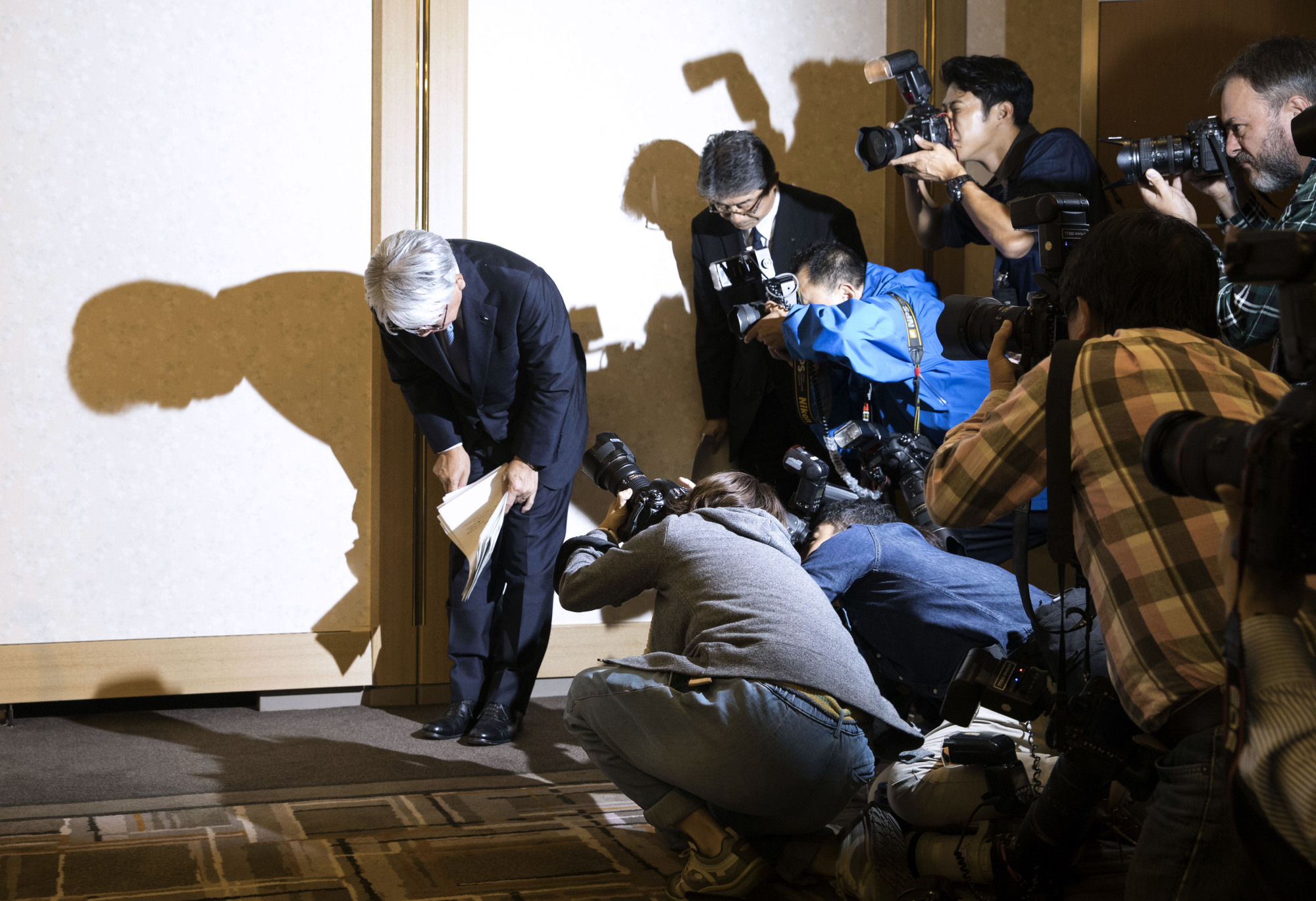Eons ago, as a young corporate lawyer in Tokyo, I received an email from a Japanese lawyer representing a foreign company I also worked with. Attached were draft minutes of the meetings of the board of directors and shareholders of the company's local subsidiary. He asked me to confirm the contents of the minutes and, if acceptable, have the company's directors sign and send them back.
This presented a challenge because no meetings had actually been held on the date indicated in the minutes. Or ever. Actually, the need to even have such meetings was first brought to my attention by this email, which presented them as a fictitious fait accompli.
Briefly, it seemed that this lawyer from one of Japan's top firms was inviting me to collaborate in forging corporate documents. But I was just naive: The subsidiary existed solely to own assets in Japan for tax purposes. The directors were all busy executives at the parent company, which was also the sole shareholder. To hold real meetings would have been a waste of everyone's time.



















With your current subscription plan you can comment on stories. However, before writing your first comment, please create a display name in the Profile section of your subscriber account page.